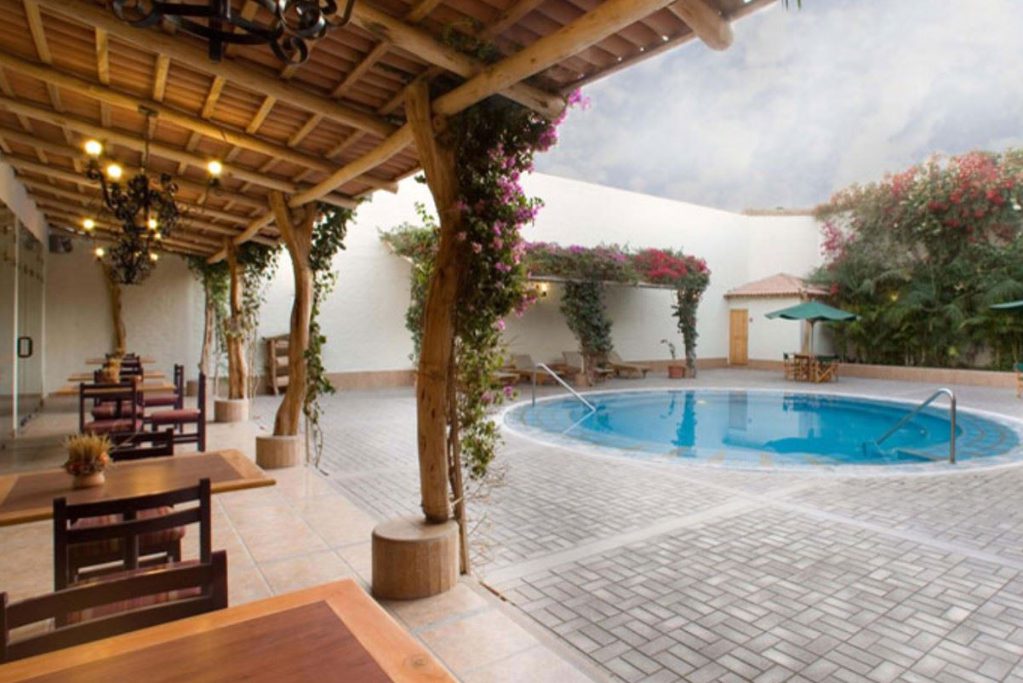SiteMinder Diversifies Away From Helping Hotels Solely on Room Sales

Skift Take
Tech provider SiteMinder is the latest firm to make it easier for smaller hotels to adopt new tools from other third-party vendors to manage their properties. The trend could give the little guys more weaponry in online sales — and help SiteMinder become more valuable for hotels.
SiteMinder, one of world's largest connectivity services for hoteliers, has been long associated with helping hotels list vacant rooms on online agencies such as Booking.com and Expedia. But it’s more recently been broadening its ambition to offer a variety of other services, from managing data to providing data insights.
The Sydney-based startup announced on Monday its latest initiative — namely, the SiteMinder hotel app store — at the London trade show World Travel Market.
Customers that manage their rates, room availability, and reservations between 300 property management systems and 400 online booking sites can now have their reservation data pushed to the applications they choose.
Broader Connectivity Trend
SiteMinder joins a cluster of so-called connectivity hubs that make it easier for hoteliers to transfer information between their core operational and front-desk systems and third-party vendors.
Some backstory, first: Many hoteliers know that better technology solutions for running their operations have debuted. New tools include data-backed rate-setting software, automated upselling tools, guest messaging s

